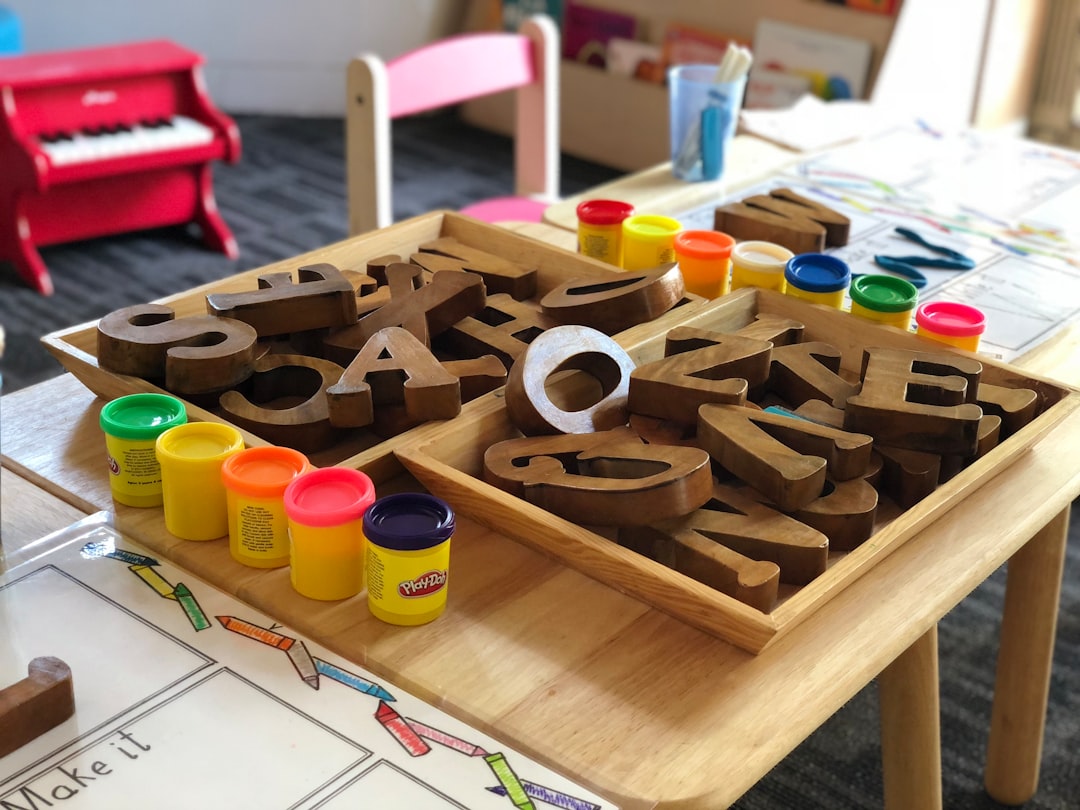Work based learning is an educational approach that integrates academic instruction with real-world work experiences. It allows students and professionals to gain practical skills while applying theoretical knowledge in a workplace setting. This method bridges the gap between classroom learning and the demands of the job market, helping individuals become better prepared for their careers.
Unlike traditional learning environments that focus solely on textbooks and lectures, work based learning immerses participants in actual work scenarios. These experiences can range from internships and apprenticeships to cooperative education programs and project-based collaborations. By engaging directly with employers and professionals in their fields, learners acquire hands-on experience that enhances their understanding of industry expectations and practices.
One of the key benefits of work based learning is the development of soft skills, such as communication, teamwork, and problem-solving. These are often best learned through lived experience rather than academic study. Additionally, participants gain a clearer sense of their career interests and goals, which can guide their educational and professional decisions moving forward. For many, the opportunity to network with industry professionals can lead to future employment or mentorship opportunities.
The structure and implementation of work based learning can vary widely depending on the institution and industry. A helpful resource for understanding the different models and how they function is this guide on what is work based learning. It outlines the various formats and benefits, making the concept more accessible to educators, students, and employers alike.
Educational institutions and training providers are increasingly adopting work based learning models to align their programs with labor market needs. At the same time, employers are recognizing the value of contributing to talent development by offering work based learning opportunities. This collaboration fosters a more adaptable and skilled workforce, better equipped to meet evolving industry demands.
The flexibility of work based learning makes it suitable for a wide range of learners, from high school and college students to adult professionals seeking to reskill or upskill. Whether through short-term projects or long-term placements, participants can tailor their experiences to match their educational paths and career ambitions. For organizations looking to support these efforts, platforms like this learning experience provider offer structured ways to facilitate and manage such programs.
As the workforce continues to evolve with technological advancements and shifting economic conditions, the importance of experiential learning grows. Work based learning not only enhances employability but also fosters a mindset of continuous improvement and adaptability. For individuals and institutions alike, embracing this approach can lead to more meaningful educational outcomes and stronger connections between learning and work.




